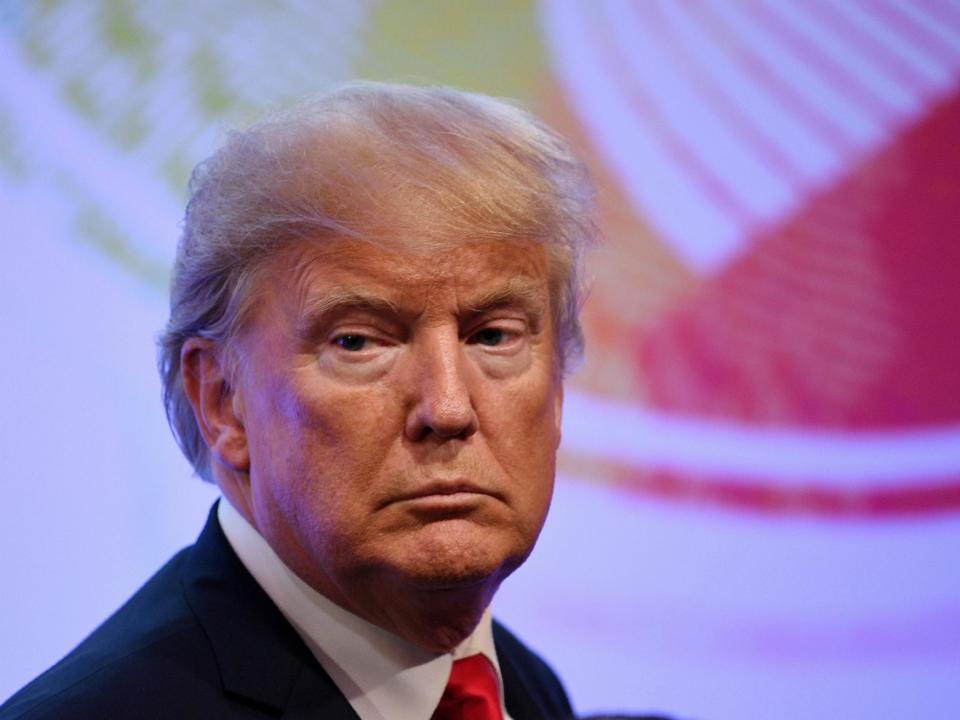Net neutrality repeal: What is it, and why will it change the internet for the worse?

The Federal Communications Commission (FCC), under the direction of President Trump, is set to end net neutrality.
The move will have a huge effect on the way the internet works, opening the door for internet service providers (ISPs) to exert a huge amount of control over the internet and dictate what you use it for.
Here’s what you need to know about net neutrality.
What is net neutrality?
Net neutrality prevents ISPs from slowing down connections for people attempting to access certain sites, apps and services, and blocking legal content.
Without the rules, they’ll no longer have to treat all internet traffic equally, and will be able to prioritise certain websites and services over others.
Many of the world’s biggest internet companies staged a day of protests earlier this year, to highlight what could happen if net neutrality was ended.
Reddit, for instance, altered its logo to make it look like it was loading extremely slowly, while the likes of Netflix and Amazon added banners to its home page.
Why is it so important?
“Without Net Neutrality, cable and phone companies could carve the internet into fast and slow lanes,” warns Save the Internet, a coalition of organisations that have been calling for the preservation of the rules.
“An ISP could slow down its competitors’ content or block political opinions it disagreed with. ISPs could charge extra fees to the few content companies that could afford to pay for preferential treatment – relegating everyone else to a slower tier of service.
“This would destroy the open internet.”
What could change?
The end of net neutrality could also have a huge impact on innovation and competition.
For instance, ISPs that have their own video services could choose to slow down customers’ connections when they try to use a competing service, such as Netflix.
Such a move would completely ruin the Netflix user experience, which could in turn lead to the company losing customers.
The end of net neutrality could completely cripple startups too, as large, established sites would be in a much better position than them to strike favourable deals with ISPs, in order to have their services prioritised over others.
There are also fears that ISPs could use their power to censor protesters and suffocate free speech, by controlling what people can and cannot put online.
What are ISPs saying?
Major ISPs including AT&T Inc, Comcast Corp and Verizon Communications Inc, have been urging the FCC to revoke the rules, argue that repealing them could lead to billions of dollars in additional broadband investment and eliminate the possibility that a future presidential administration could regulate internet pricing.
They claim that the rules prevent them from finding new ways to make money, and thus prevent them from spending more to improve their networks.
“The internet without Net Neutrality isn’t really the internet. Unlike the open internet that has paved the way for so much innovation and given a platform to people who have historically been shut out, it would become a closed-down network where cable and phone companies call the shots and decide which websites, content or applications succeed,” says Save the Internet.
“This would have an enormous impact. Companies like AT&T, Comcast and Verizon would be able to decide who is heard and who isn’t. They’d be able to block websites or content they don’t like or applications that compete with their own offerings.”
The FCC will vote on the plans next month, on 14 December.

 Yahoo Finance
Yahoo Finance 